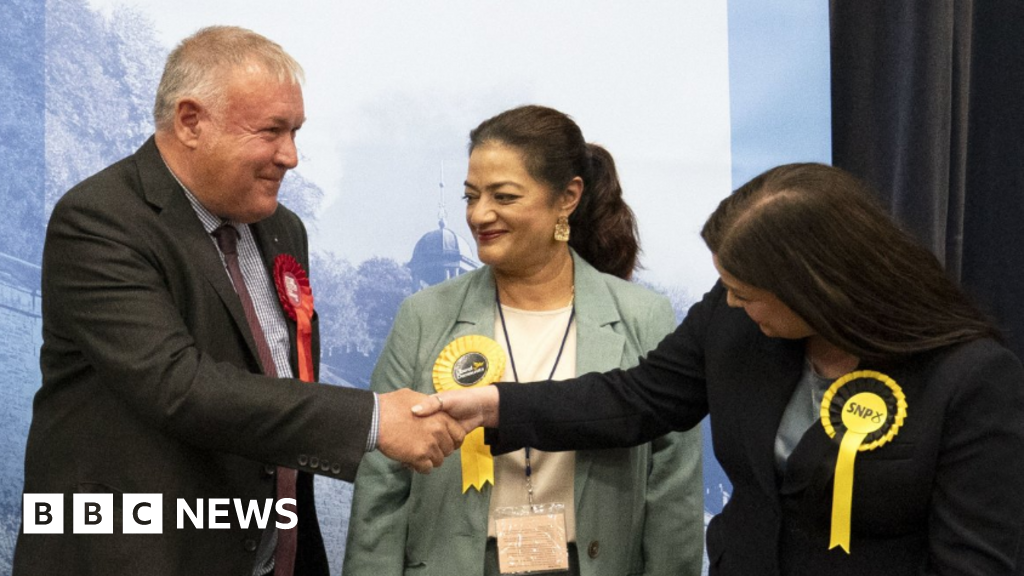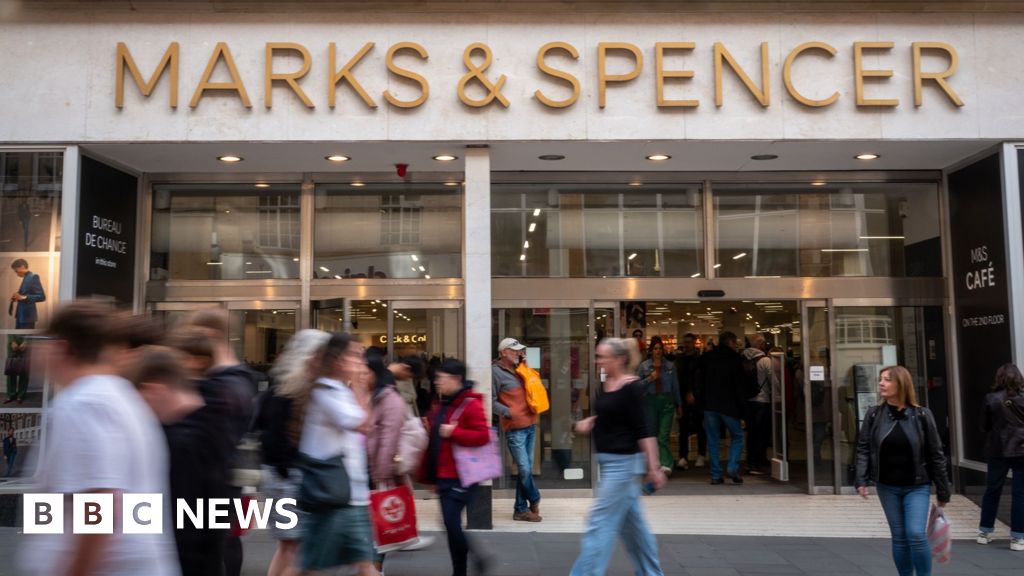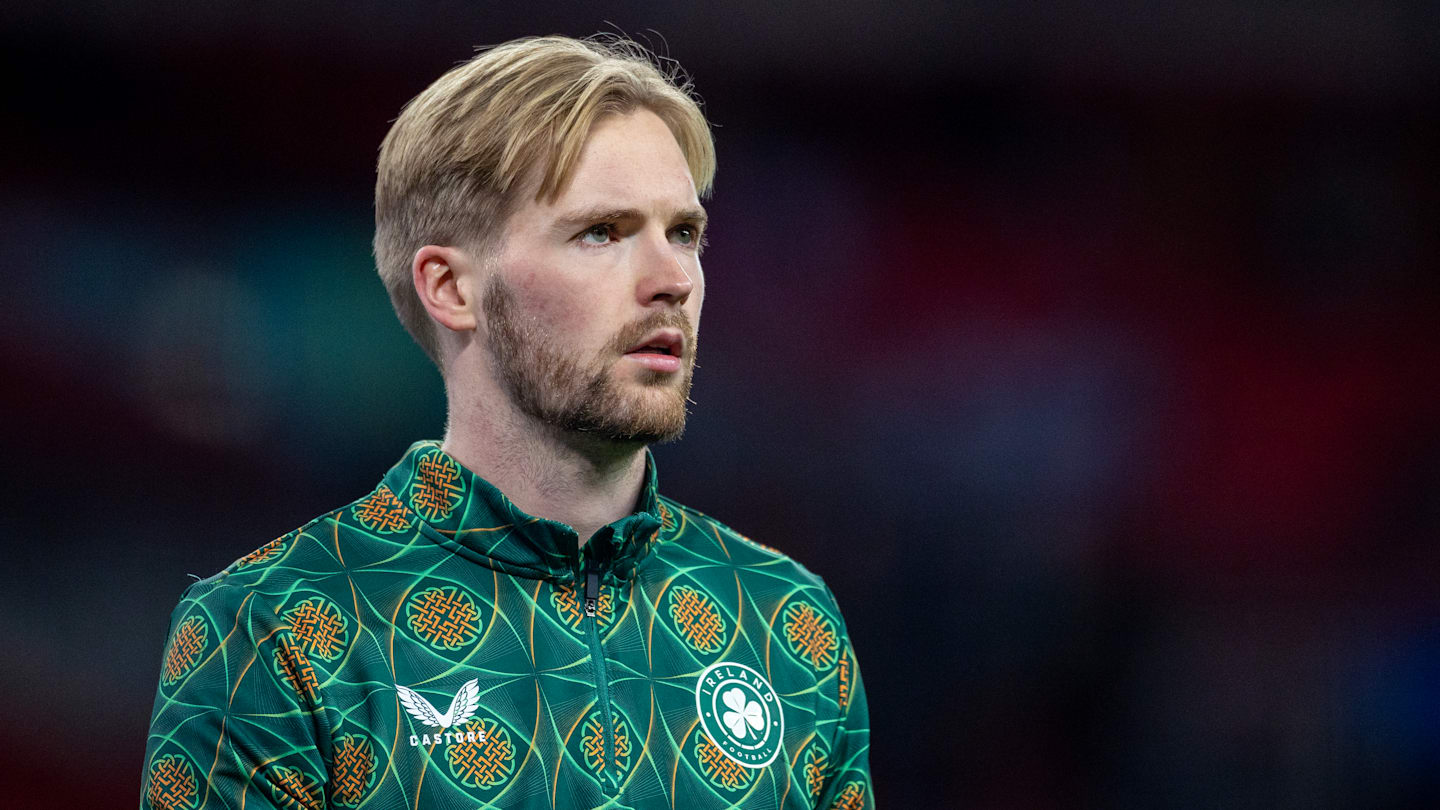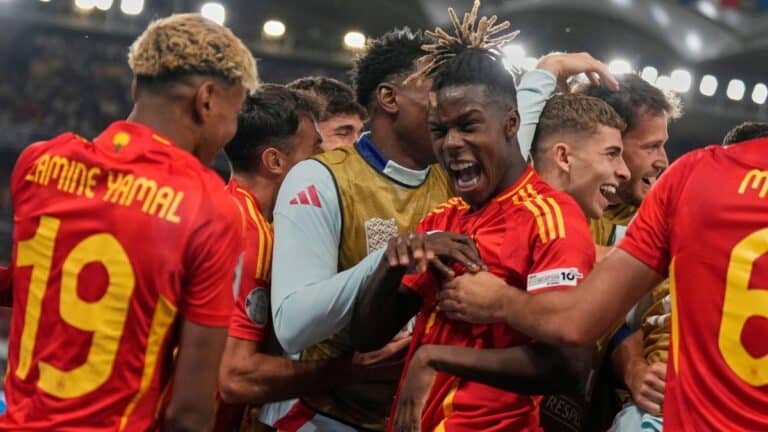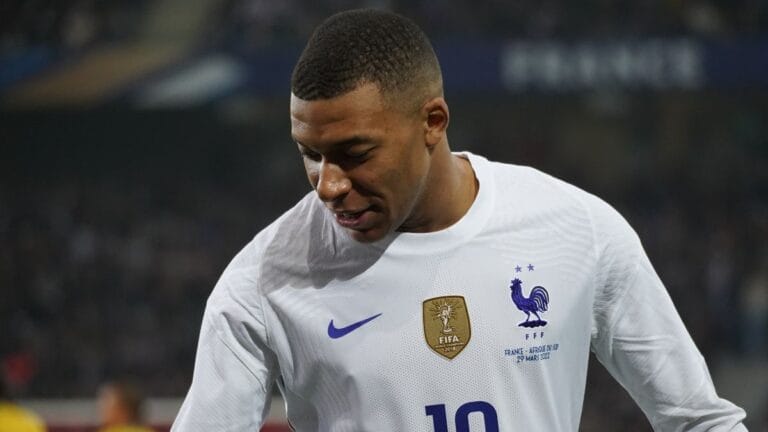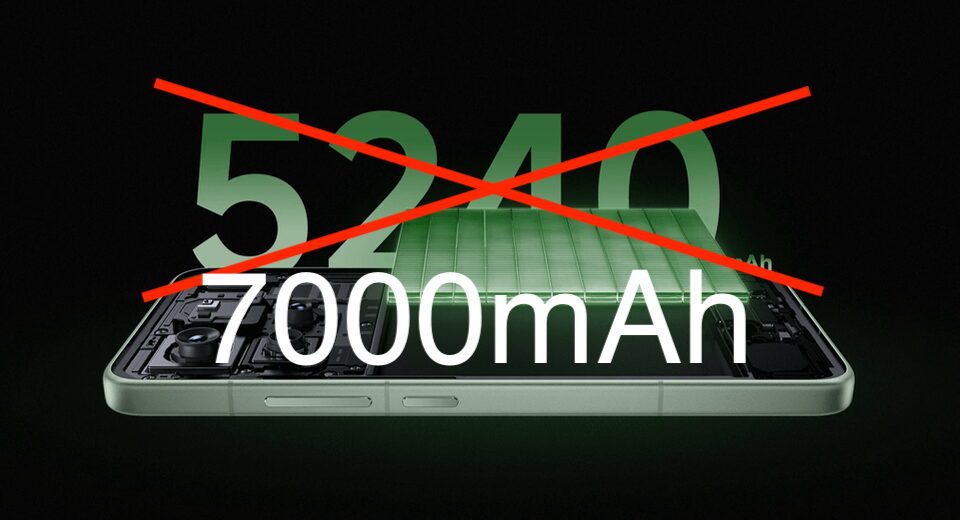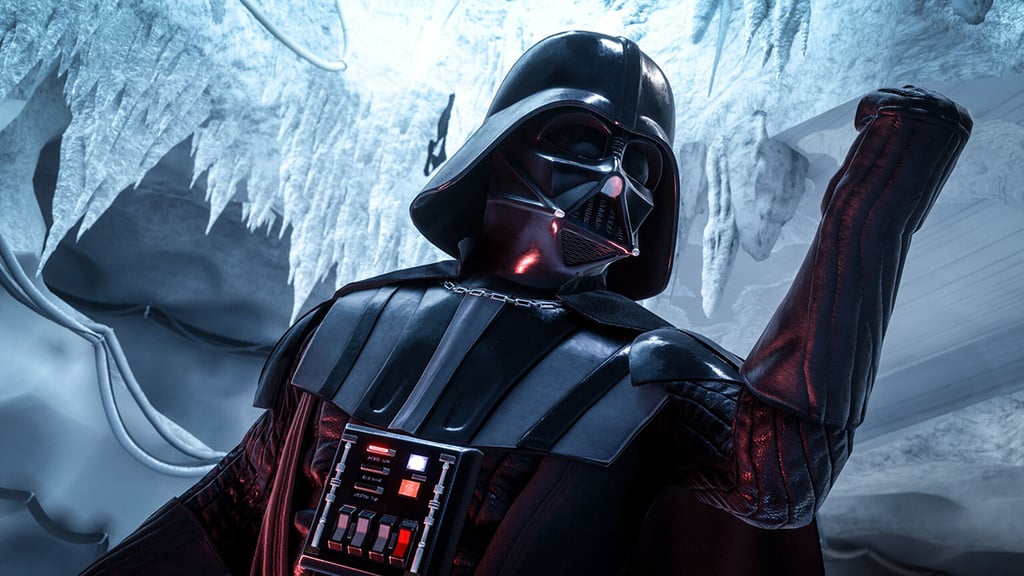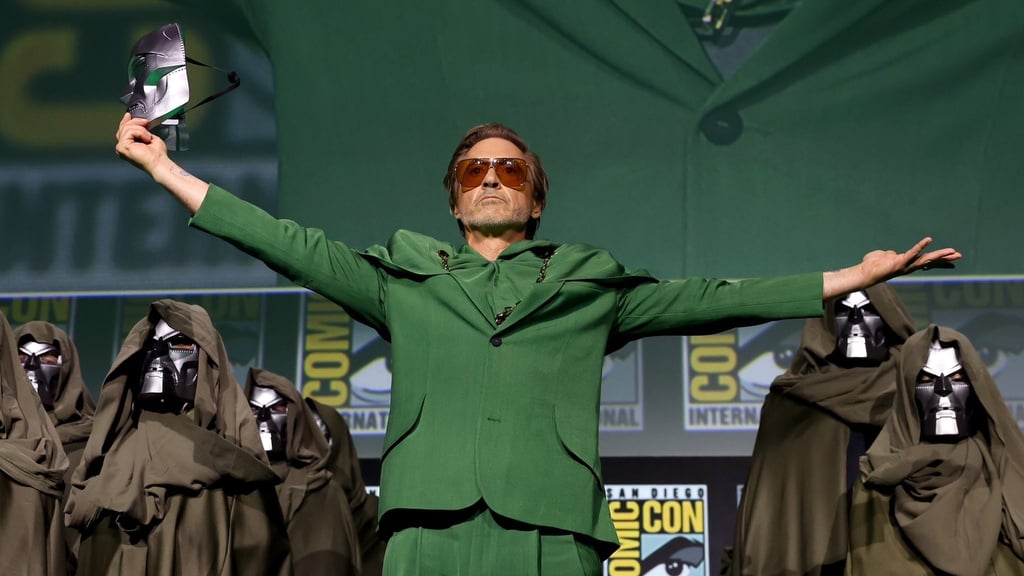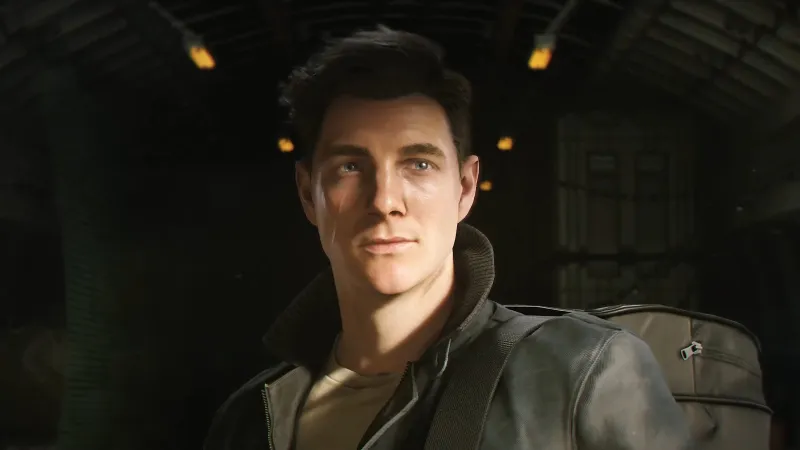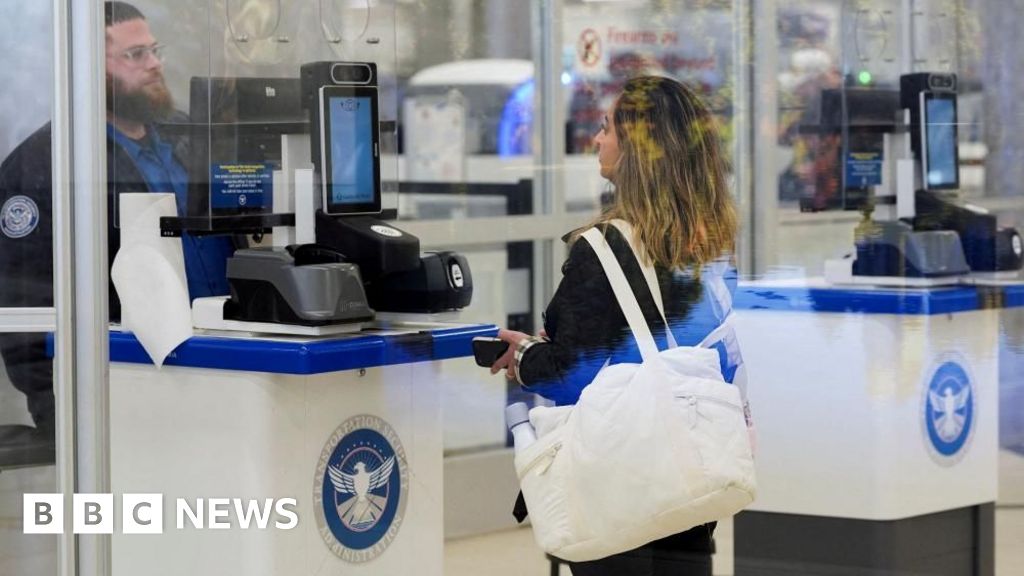Putin and Zelensky Trade Accusations Amid Escalating Attacks

The belligerent language and the recent strikes make clear that a wide gap separates Ukraine and Russia, even as their officials have been engaged in direct talks. The leaders of Russia and Ukraine on Wednesday lashed out, accusing each other of sabotaging peace prospects amid escalating attacks and highlighting the deep animosity that is keeping the sides as far apart as ever. Speaking at a meeting with high-ranking government officials in Russia, President Vladimir V. Putin did not mention Ukraine’s audacious recent drone strikes on Russian strategic bombers, but concentrated instead on apparent attacks that derailed two Russian trains on Sunday, killing seven people. After hearing a report from Russia’s top investigator, who said that the railway attacks had been committed by Ukrainian special services, Mr. Putin accused Kyiv’s leadership of ordering them to disrupt the second round of the Russian-Ukrainian talks that took place on Monday in Istanbul. “They are asking for a summit meeting,” Mr. Putin said, referring to Ukraine’s request for an in-person meeting between him and President Volodymyr Zelensky. “But how can such meetings be held in these conditions?” Mr. Putin asked. “How can we negotiate with those who rely on terror?” President Trump said Wednesday that he had spoken with Mr. Putin for the first time since the weekend. In a Truth Social post, referring to the drone strikes against bombers, Mr. Trump said, “President Putin did say, and very strongly, that he will have to respond to the recent attack on the airfields.” The recent Ukrainian attack notwithstanding, on the whole it is Russia that is on the offensive more than three years after it invaded, advancing on the battlefield and routinely bombarding Ukrainian cities — and civilians — with drones and missiles. Mr. Zelensky, speaking at a news conference in Kyiv, accused Mr. Putin of stalling peace talks in order to delay a new package of American sanctions being imposed on Russia. He also said that the recent talks in Istanbul were never going to achieve a breakthrough because the Kremlin sent a delegation that had no authority to make decisions. Mr. Zelensky repeated his call for a summit that could include himself, Mr. Putin and President Trump, and said that in order to give such a meeting a better chance of success, there should be an immediate cease-fire. But he again cast doubt on Mr. Putin’s desire for peace. “Why a cease-fire before the leaders’ meeting?” he said. “Because we will meet, and if there is no understanding, no desire for de-escalation and no views on how to end it, then the cease-fire will end on the same day.” But, he said, “If we see that we can continue the dialogue and are ready for appropriate de-escalation steps, then we will continue the cease-fire, with American monitoring, with American guarantees of mediation.” Pressed by Mr. Trump, Ukraine and Russia have been engaged in direct dialogue for the first time since 2022, in meetings in Istanbul that have produced some small but tangible results: a prisoner exchange with another one possibly happening this weekend, and the return of the bodies of fallen soldiers. Mr. Putin on Wednesday dismissed the idea of a temporary and full cease-fire. “Not long ago, the Ukrainian authorities and their allies were dreaming of a strategic defeat for Russia on the battlefield,” said Mr. Putin. “Today, amid massive losses and retreating along the entire line of contact, the Kyiv leadership has shifted to organizing terrorist attacks in an attempt to intimidate Russia, while simultaneously requesting a 30-day cease-fire.” The Russian foreign minister, Sergey V. Lavrov, said at the same meeting that despite Ukrainian “provocations,” the talks with Ukraine should continue since so far they have been “important” and “useful.” Mr. Putin agreed. Independent studies have estimated staggering casualties on both sides, with Russia losing more troops but also better able to replace them. On Sunday, Ukraine used more than 100 drones launched from within Russia to strike airfields deep inside the country that host strategic bombers, an integral part of the country’s nuclear triad, which have also been used to fire conventionally armed missiles at Ukraine. Several bombers were damaged or destroyed. The sophisticated attack was one of the most striking demonstrations of Russian vulnerability and Ukrainian resilience since the war began — a strategic and symbolic blow to Moscow, which has cherished its nuclear might as one of the main pillars of its great power status. On the same day, two railroad bridges, in Russia’s Bryansk and Kursk regions bordering Ukraine, collapsed, causing a passenger train and a freight train to derail. Ukraine has not commented on those incidents. On Tuesday, Ukraine attacked the Crimean bridge that links the peninsula with Russia. The bridge was closed two times throughout the day, but unlike some previous attacks, this one did not cause long-term disruption of rail and car traffic. In parallel, on the front lines of Ukraine’s east and in the northern part of the country, Russian forces have rapidly increased the pace of their advancements, capturing more territory than they had since last fall. The escalating attacks point to the difficulty of negotiating a truce. On Monday, Russia gave Ukraine its conditions for both a potential cease-fire and a long-term peace deal. The terms listed the maximalist demands the Kremlin has made throughout the war, which have been flatly rejected by Kyiv as nothing short of capitulation. Mr. Zelensky told reporters that Russia’s proposals presented in Istanbul amounted to an “ultimatum” that the Kremlin knew Ukraine would never accept.
What's Your Reaction?
 Like
0
Like
0
 Dislike
0
Dislike
0
 Love
0
Love
0
 Funny
0
Funny
0
 Angry
0
Angry
0
 Sad
0
Sad
0
 Wow
0
Wow
0


